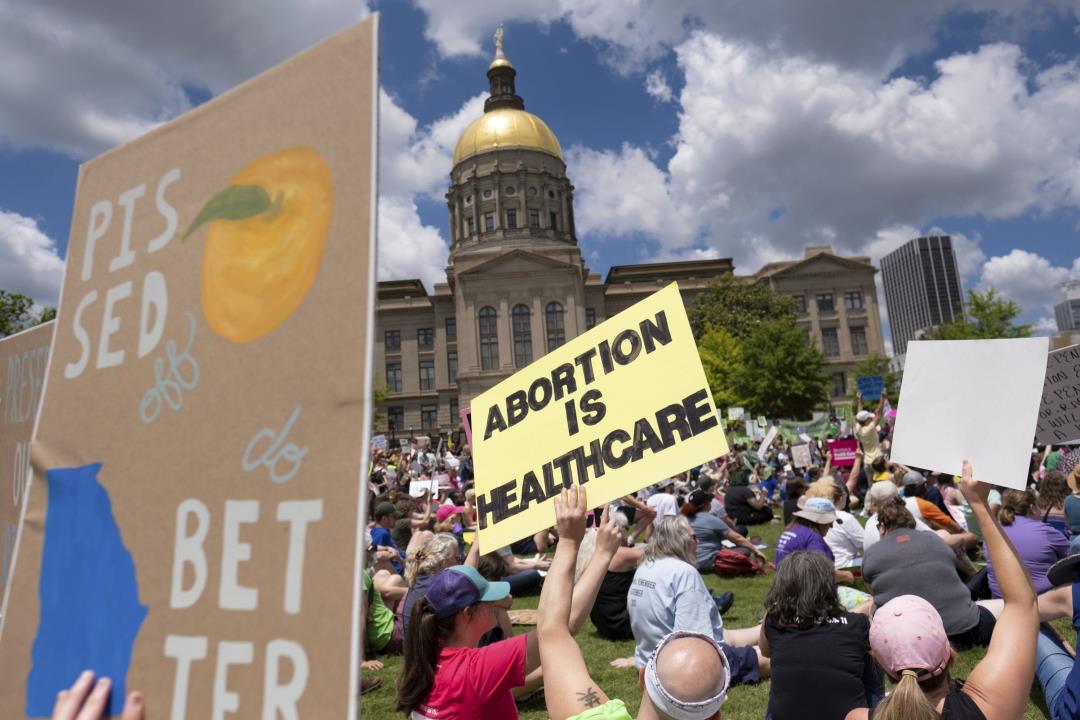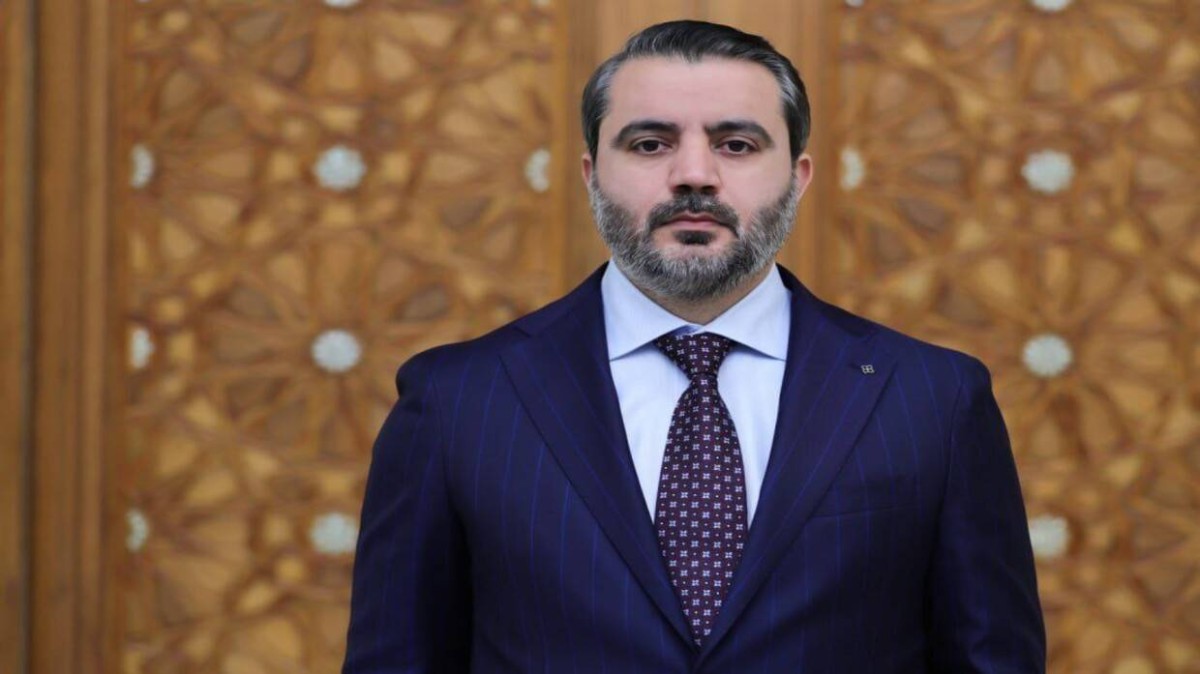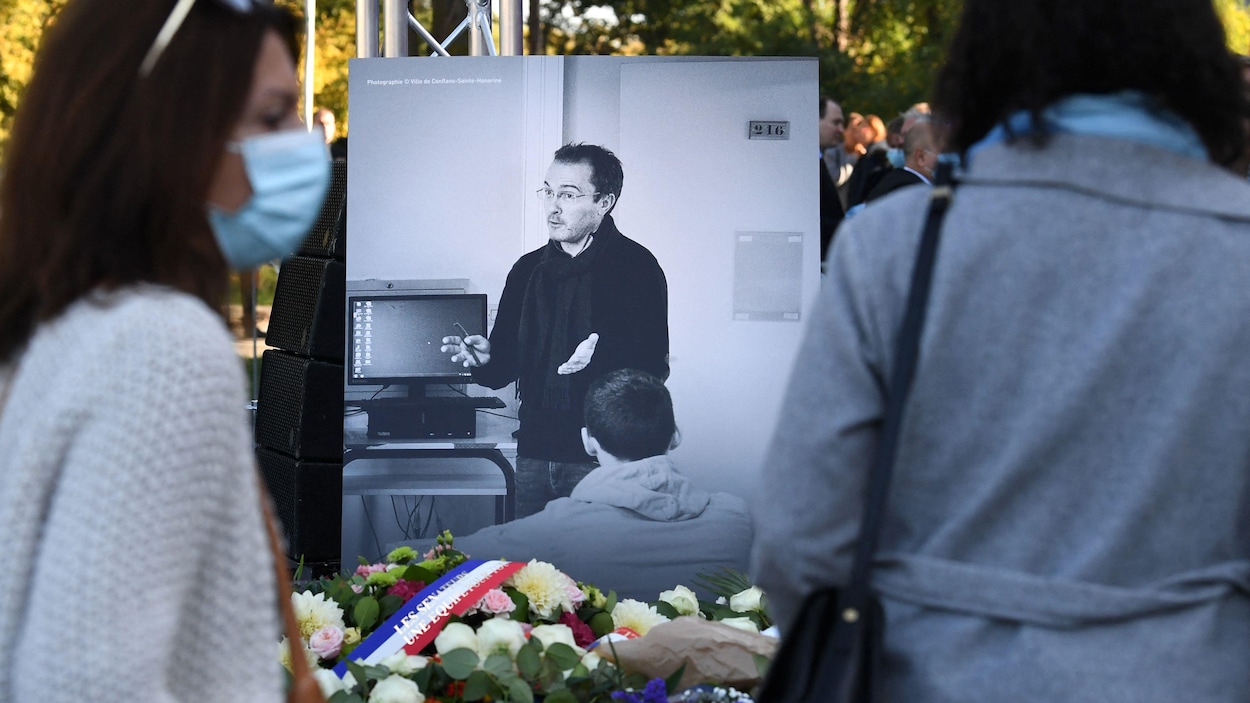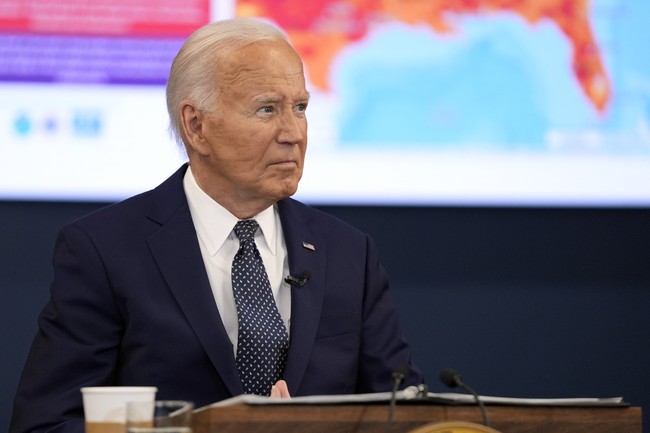Georgia Supreme Court Rekindles Abortion Debate
The Georgia Supreme Court's recent decision has reignited the contentious debate over abortion rights and restrictions, influencing both state and national political arenas, and affecting countless lives.
Published October 08, 2024 - 04:10am

Image recovered from newser.com
The legal landscape surrounding abortion in Georgia has once again become the center of a heated debate as the Georgia Supreme Court reinstates the state's six-week abortion ban. This decision comes as the court reviews an appeal from a lower court ruling that had previously struck down the legislation. The Supreme Court's ruling effectively re-enacts what is known as the Living Infants Fairness and Equality (LIFE) Act, which prohibits most abortions once a detectable heartbeat is present, typically around six weeks into pregnancy.
This legislative action comes after the landmark decision of the United States Supreme Court in 2022 to overturn Roe v. Wade, which eliminated federal abortion protections and allowed states to establish their own laws concerning the procedure. The Georgia law, originally signed by Governor Brian Kemp in 2019, met resistance and legal challenges that delayed its implementation until now.
Judge Robert McBurney of Fulton County had previously ruled against the six-week ban, citing privacy rights afforded by the state constitution, which he argued includes the right for women to make autonomous healthcare decisions. Judge McBurney's decision underscored the notion that state interference with a woman's healthcare choices was impermissible, particularly before fetal viability, which usually occurs between 22 and 24 weeks of gestation.
The reinstatement of the ban has drawn sharp criticism from advocacy groups such as the Feminist Women's Health Center and SisterSong Women of Color Reproductive Justice Collective. They contend that the law undermines reproductive rights and disproportionately harms marginalized communities. Kwajelyn Jackson, executive director of the Feminist Women's Health Center, expressed frustration at the ongoing battle for reproductive healthcare access, emphasizing the impact of such restrictions on their ability to provide care.
The emotional and political dimensions of this issue have been heightened as it intersects with broader electoral processes and debates. Vice President Kamala Harris, in particular, has advocated for reproductive freedoms, critiquing the impact of anti-abortion legislation which has become a pivotal topic in the upcoming elections. Former President Donald Trump's influence on the composition of the U.S. Supreme Court, having appointed three justices, is seen as a significant factor in the rollback of abortion rights.
Legal organizations, including the ACLU and the Center for Reproductive Rights, have vowed to continue fighting against the ban, arguing that it infringes upon constitutional rights and disproportionately affects women of color in Georgia. The court's ruling has also been met with political responses, with White House Press Secretary Karine Jean-Pierre condemning what she described as extreme agendas that threaten women's rights.
Proponents of the ban argue that it is a necessary measure to protect unborn lives, reflecting the broader Republican stance on restricting abortion. Governor Kemp has reiterated his commitment to safeguarding what he terms as 'the most vulnerable,' asserting that the reinstatement reflects the democratic will of Georgians. However, opponents argue that the law's restrictions are regressive and fail to consider the complexities faced by women requiring access to abortion services.
The reinstatement amplifies the ongoing struggle within the U.S. over women's reproductive rights, highlighting stark political divides. Individuals like Monica Simpson of SisterSong have criticized these legal measures as rooted in systemic inequalities, underscoring the dire maternal health statistics for Black women in Georgia.
This ruling places abortion at the forefront of political discourse, influencing the state's political climate and contributing to national conversations about individual freedoms and state governance. As legal and political battles continue, the state of Georgia finds itself at a crucial crossroad where the intersection of law and personal rights will likely shape its societal framework for years to come.







